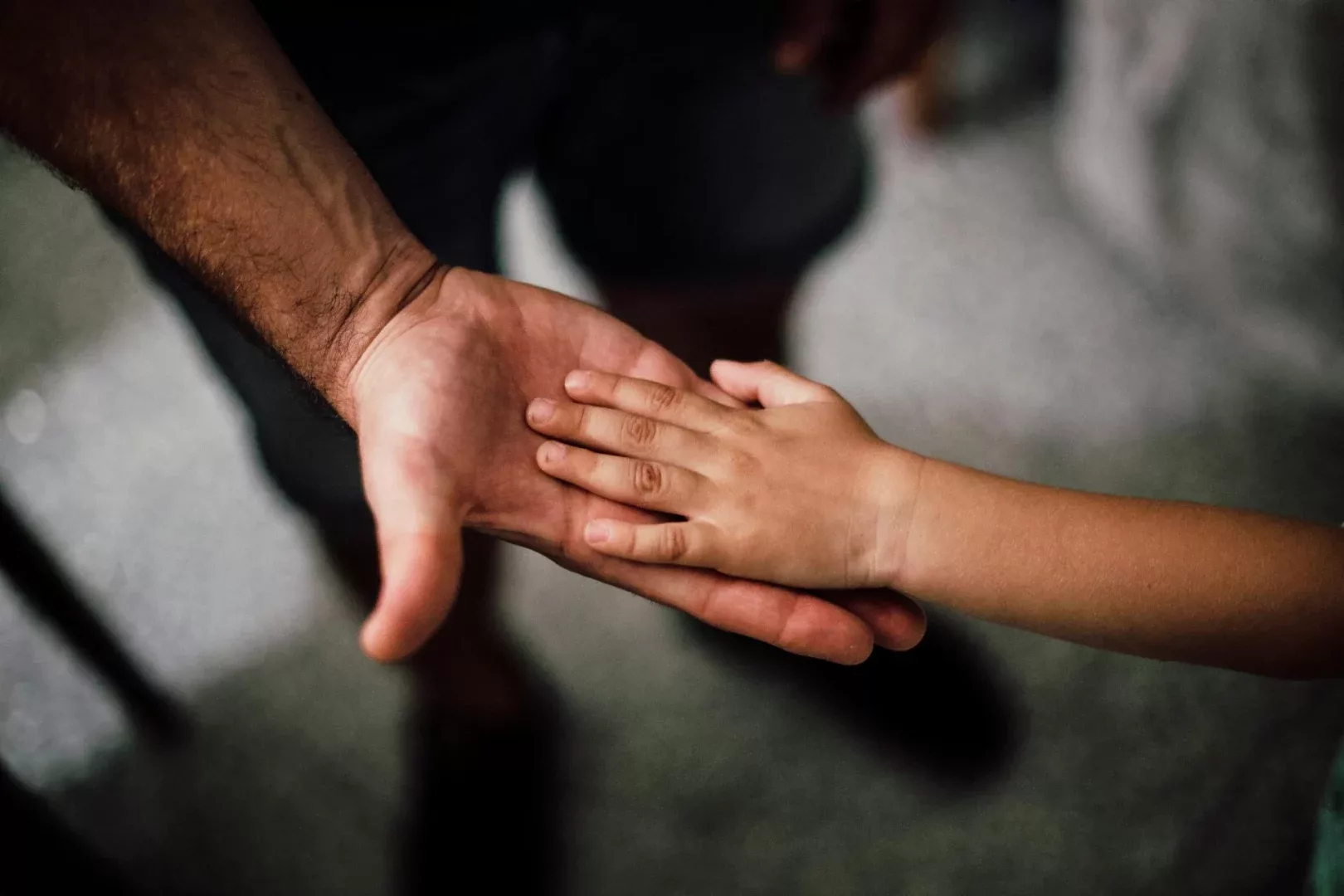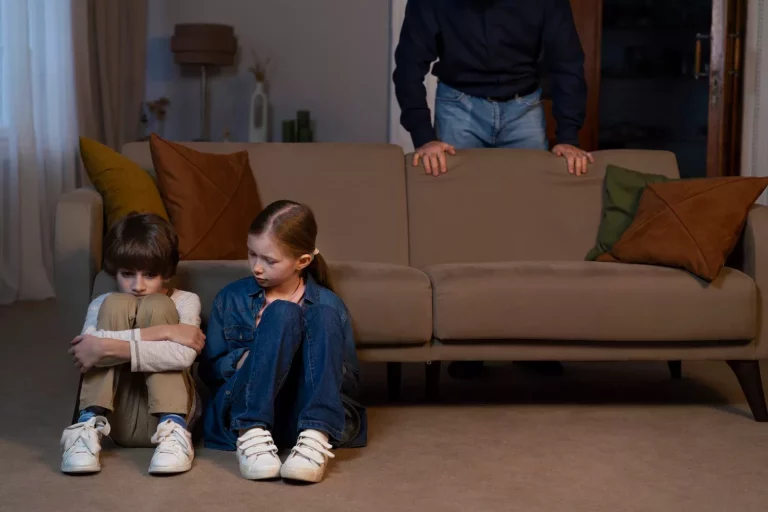Factors Considered in Child Custody Cases: What Judges Look For
Have you ever wondered what judges consider in child custody cases? At our firm, TheBostonDivorceLawyer, we have the answers. Find out the key factors that judges look for when determining child custody arrangements.
As demonstrated by experts in family law, judges look for the best interests of the child in child custody cases. They consider factors such as the child’s relationship with each parent, stability, and the ability to provide a safe and nurturing environment.
Child’s well-being
In my experience with child custody cases, I’ve found that judges are primarily focused on ensuring the well-being of the child.
Let me explain, this means making sure the child is safe, healthy, and well-cared for. Judges will check how stable each parent’s home is and whether they can provide a loving and supportive environment. They will also look at the child’s relationship with each parent, including the child’s emotional needs and how attached they are to each parent.
Judges will review the child’s physical and emotional health, as well as any special needs the child might have. They will see how well the parents can communicate and work together for the child’s sake. Honestly, they will also consider any past domestic violence or substance abuse, as these can affect the child’s well-being.
Judges aim to put the child’s best interests first in any custody decision. They will examine all parts of the child’s life and relationships to find the best arrangement for the child’s well-being. Judges might also seek advice from child welfare experts. The main goal is to give the child a stable, loving, and supportive environment to grow up in.
Parental involvement
In child custody cases, I’ve noticed that judges often consider how involved parents are in their child’s life.
For real, judges look at how involved and engaged parents are in their child’s life. They want to see parents who are present and paying attention to their child’s needs, like going to school events, doctor’s visits, and extracurricular activities. Being involved also means helping make decisions about the child’s education, health, and overall well-being.
Parental involvement includes providing emotional and psychological support. Judges look for parents who are caring and supportive, creating a stable and loving environment. Believe it or not, this means being available emotionally, offering guidance, and maintaining a healthy relationship with the child.
Judges also consider how well parents communicate and work together. They prefer parents who can put aside their differences to focus on the child’s best interests, using effective co-parenting strategies and open communication.
Stability of home
Emphasizing our past talks, in child custody cases, I’ve noticed that judges always prioritize the stability of the home.
Frankly, this means they want a stable and safe environment for the child to grow up in. They look at things like the child’s emotional and physical health, how stable the parents’ living situations are, and whether each parent can provide a loving and supportive home.
Judges also consider the bond between the child and each parent and may listen to the child’s preference if they are old enough. A stable home is very important for a child’s growth, and judges want to make sure the child will have a secure future.
My point is, sometimes judges look into whether a parent has a history of substance abuse, domestic violence, or mental health problems that might affect the child’s stability. They also check how well each parent can communicate and work together for the child’s benefit.
Child’s preference
Referencing the above in my experience with child custody cases, I’ve noticed that judges often take the child’s preference into account when deciding where the child will live and who will have custody.
For real, if the child is older and can clearly explain what they want, their preference might be given more weight. Judges want to make sure that the child’s opinion is truly their own and not swayed by either parent.
Judges also look at how the child gets along with each parent and their overall happiness and health. They consider how the child feels when spending time with each parent, including any signs of fear or anxiety. Basically, they might also check the child’s emotional and physical health, school performance, and other important factors.
History of abuse
Focusing on earlier analyses, when I’m evaluating cases of child custody that involve a history of abuse, I have to consider many different factors.
Keeping it real, they examine the type of abuse, whether it’s physical, emotional, or sexual. Judges want to know if the abuse happened only once or if it has happened multiple times. They think about how the abuse has affected the child’s physical and emotional health.
They also look at the connection between the abuser and the child. Judges want to know if the abuser has tried to change their behavior and if they are willing to get help through counseling or other programs. They consider how old the child is and whether they can understand and talk about the abuse.
If you think about it, if one parent has a history of abuse, judges will prioritize the child’s safety and well-being when deciding on custody. They might order supervised visits or require the abuser to take anger management or parenting classes. Judges also review each parent’s home environment to see which one can provide a stable and loving home for the child.
The Closing Remarks
Summarizing earlier points Um, so ending this, in child custody cases, judges prioritize the best interests of the child above all else.
What TheBostonDivorceLawyers is recommending to collect is, factors such as the child’s safety, emotional and physical well-being, stability, and the ability of each parent to provide a loving and nurturing environment are carefully considered.
Judges also take into account the child’s preferences, depending on their age and maturity.
References
Here is the literature that I was using for drafting this article:
- “Child Custody Evaluations: A Practical Guide” by Barry Bricklin and Gail Elliott, John Wiley & Sons, Inc.
- “Child Custody Law and Practice” by Rebecca A. Myers, Carolina Academic Press
- “The Parental Alienation Syndrome: A Guide for Mental Health and Legal Professionals” by Richard A. Gardner, Creative Therapeutics, Inc.







